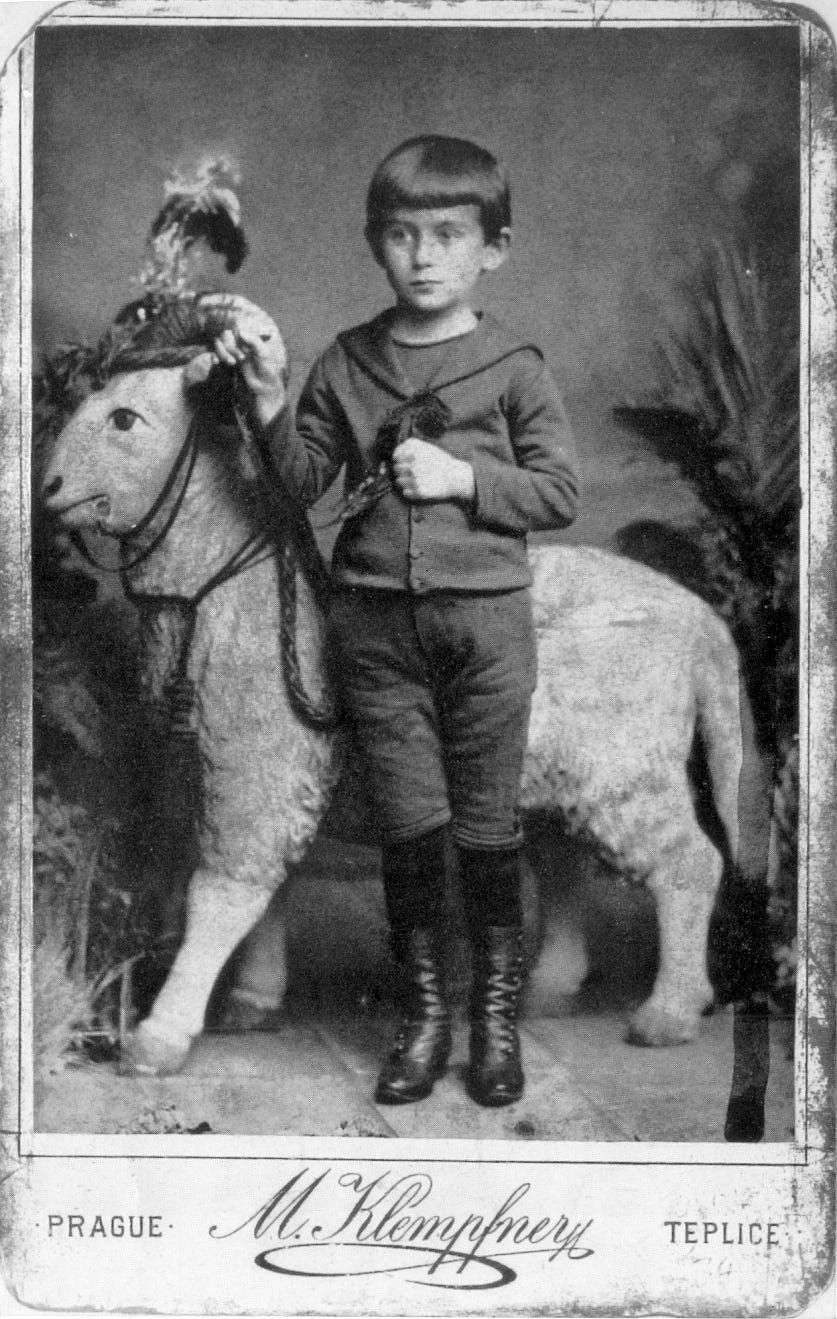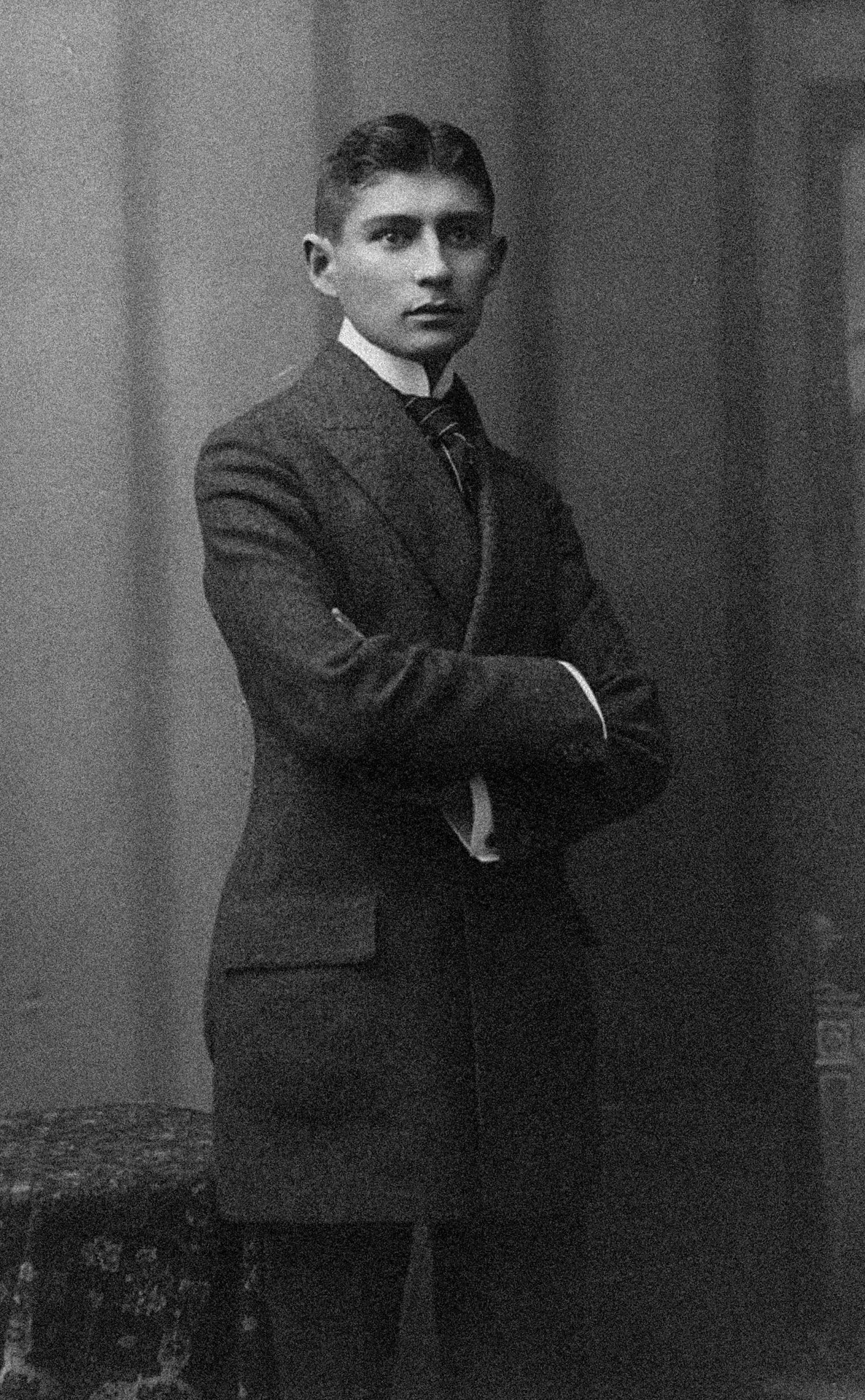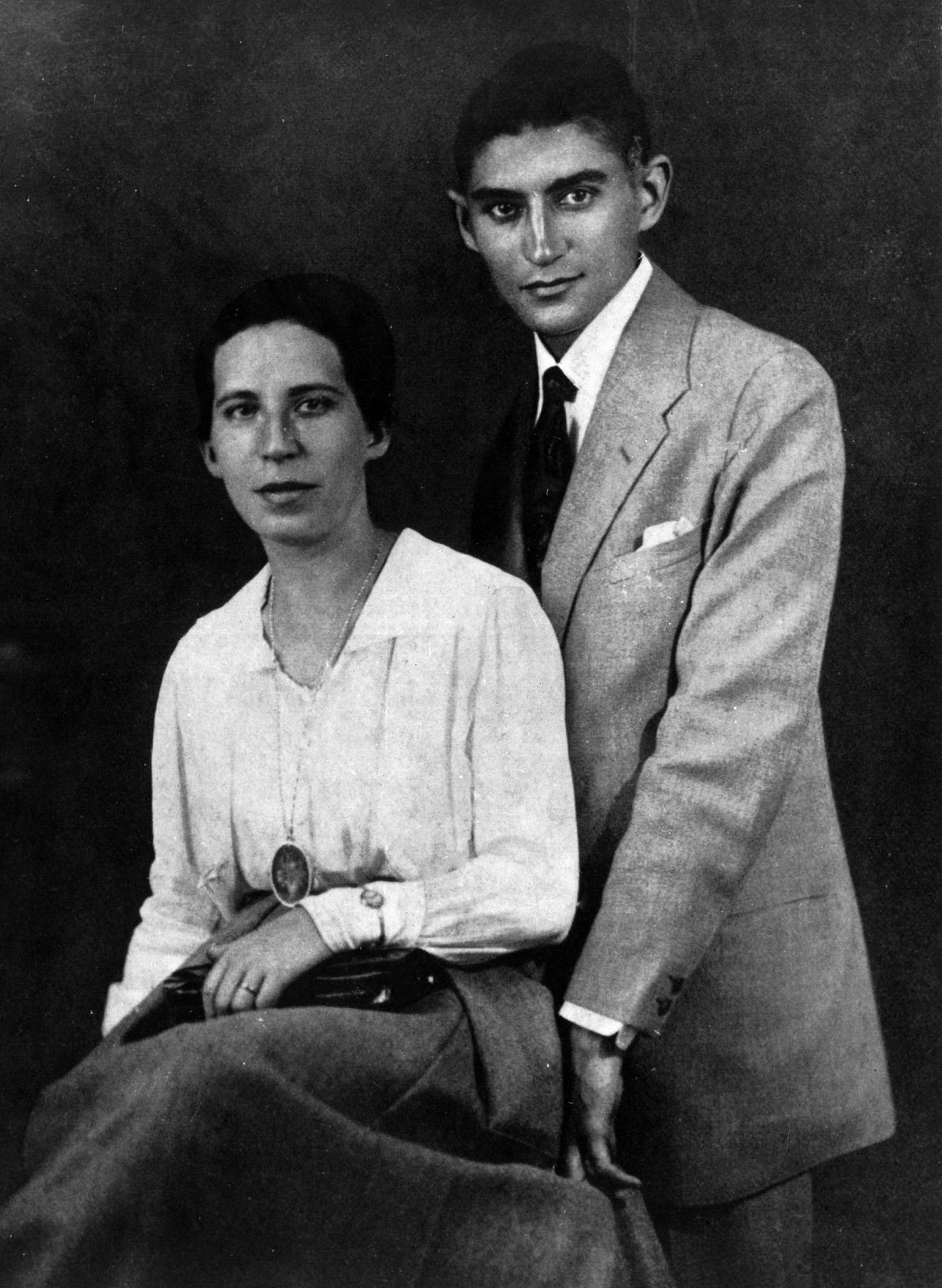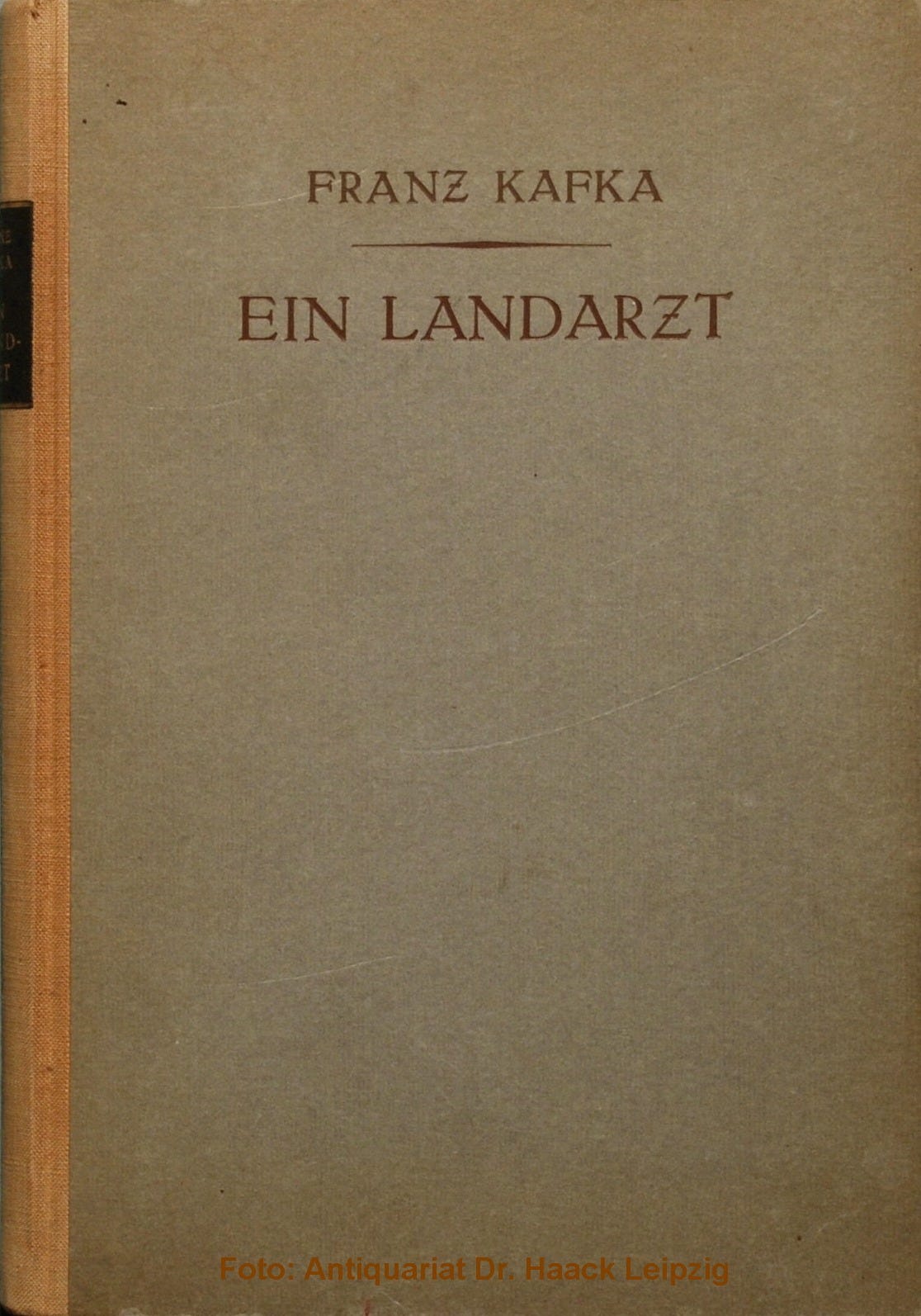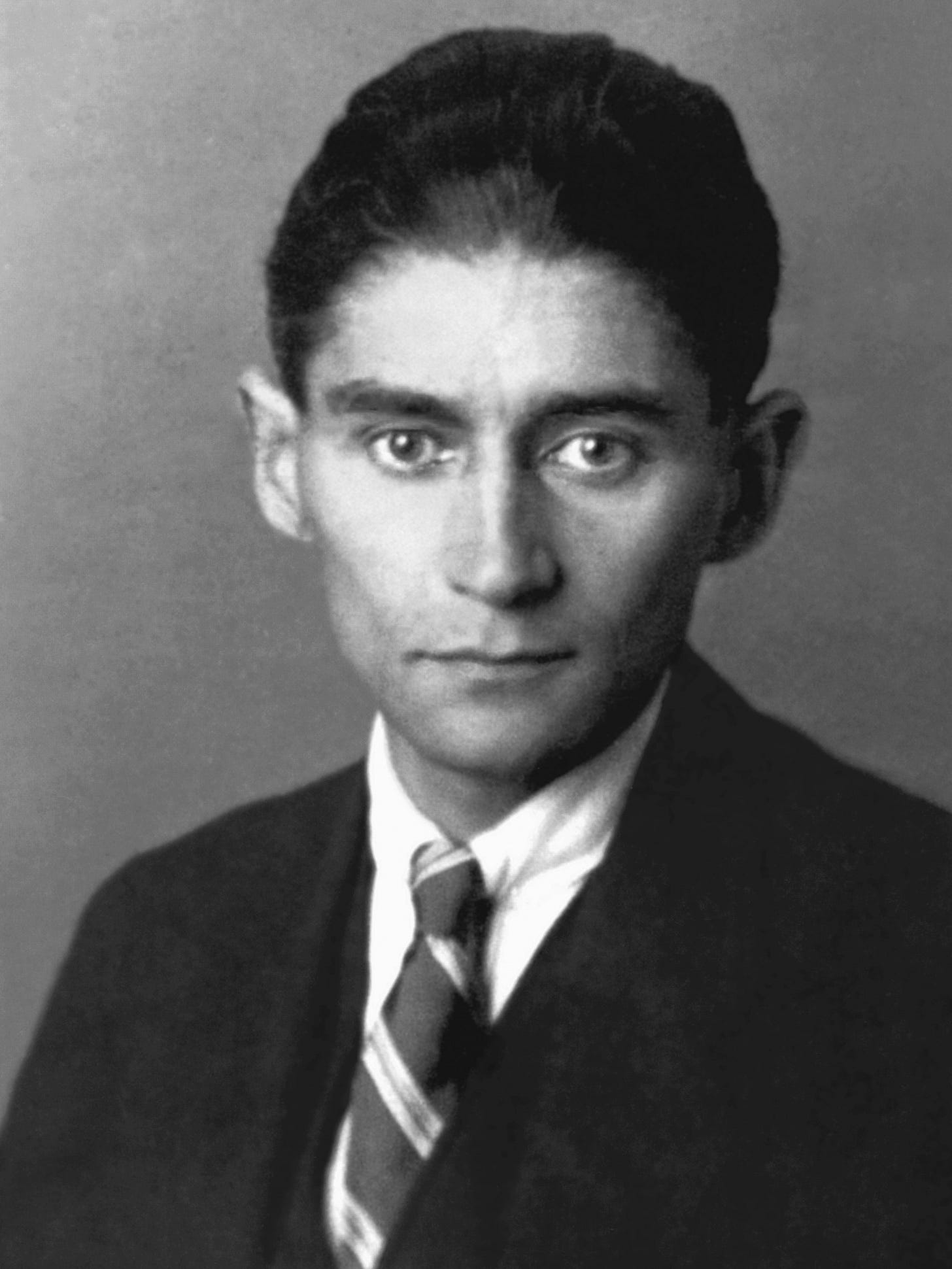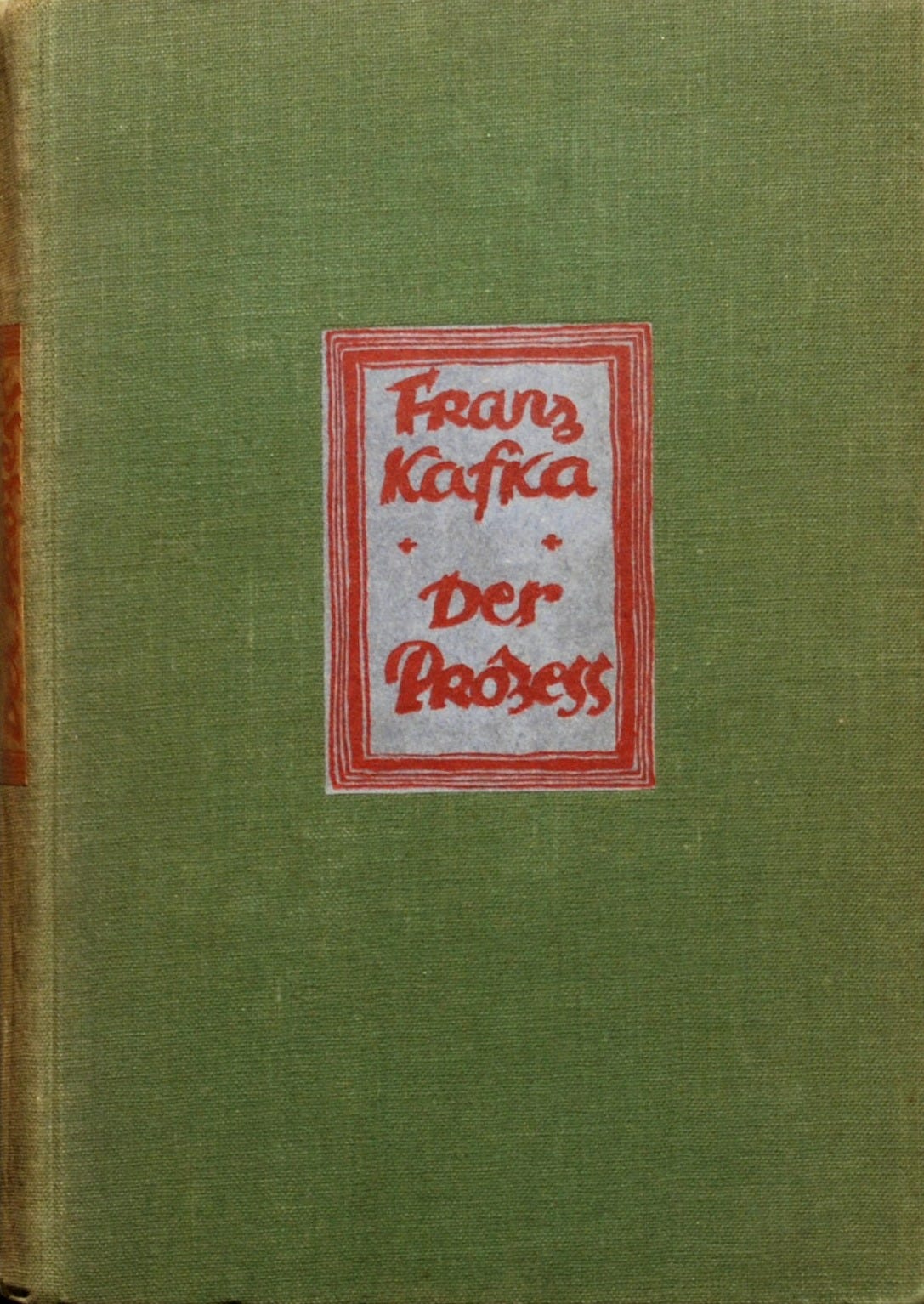Dear classics readers,
I’m looking forward to reading Franz Kafka’s The Trial together next month. We’re going to start reading next Friday 5th September. All the details are here.
First, though, here is a little about Kafka’s life.
Kafka was born in Prague in 1883, the son of wealthy German-speaking Czech Jewish parents.
He studied law at Charles University, where he met his lifelong friend Max Brod. For most of his adult life, Kafka lived in Prague with his difficult father, spending the days as a clerk in the Workers’ Accident Insurance Office and writing at night.
The critic Michiko Kakutani describes his writing style as a ‘nervous attention to minute particulars . . . paranoid awareness of shifting balances of power . . . [an] atmosphere of emotional suffocation’.
In 1912, Kafka met Felice Bauer, a relative of Max Brod, and she became Kafka’s muse for the next five years. Though they saw each other rarely, they corresponded by letter and were twice engaged. Kafka poured his tortured soul into his letters to Felice at the same time that he was writing The Trial.
Writing was for Kafka a ‘form of prayer’, but only a handful of his stories were published in his lifetime. His collection Ein Landarzt (A Country Doctor, 1919) is dedicated to his father. When Kafka presented him with a copy, however, his father said, without looking at it, ‘Lay it on my nightstand.’
In 1917, Kafka was diagnosed with laryngeal tuberculosis and spent his last years in a series of sanatoriums, slowly starving as his throat grew increasingly painful.
He died in a sanatorium outside Vienna in 1924 at the age of forty. He had destroyed much of his writing and left the rest to be burned by Brod.
Thankfully, Brod declined this dying request and posthumously published his friend’s novels, The Trial, The Castle and The Man Who Disappeared (or Amerika) – his ‘trilogy of loneliness’, as Brod put it – as well as his diaries, letters and unpublished stories.
I look forward to reading The Trial with you, starting next Friday.
Also, a reminder that the format of Read the Classics will change next week: here are more details. If you would like to join the monthly read-alongs, but can’t afford a paid subscription, please just let me know and I’ll send you a gift subscription.



